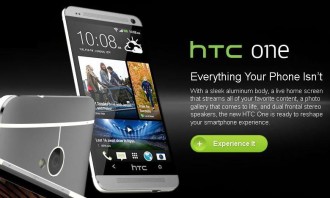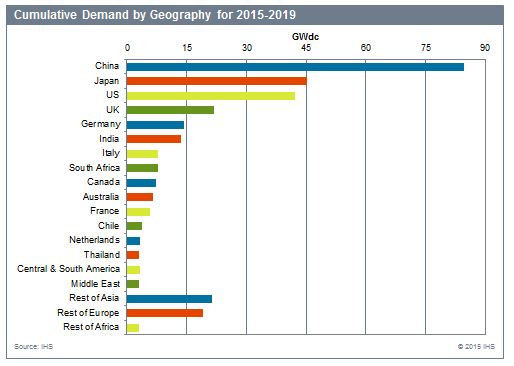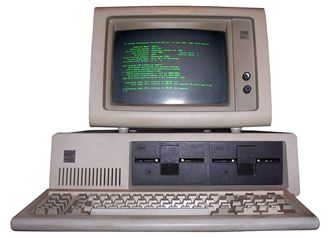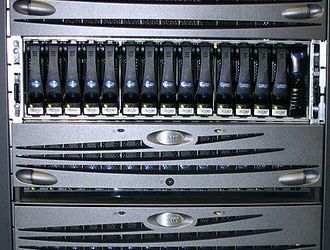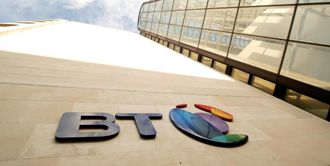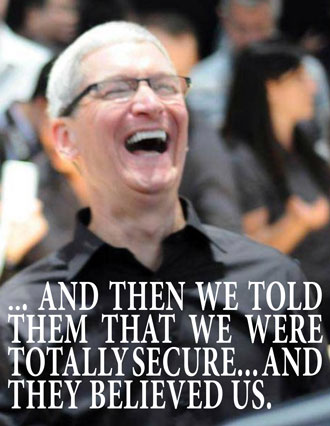 A team of scientists at the University of Surrey claimed that they’d demonstrated the fastest ever quantum switch using a silicon chp.
A team of scientists at the University of Surrey claimed that they’d demonstrated the fastest ever quantum switch using a silicon chp.
The researchers said they demonstrated a quantum on/off switching time of about a millionth of a millionth of a second.
Dr Ellis Bowyer, a Surrey University scientists, said: “Quantum computing exploits the fact that according to quantum mechanics, atoms can exist in two states at once, being both excited and unexcited at the same time. This… is most famously illustrated by Schrodinger’s quantum cat which is simultaneously dead and alive.”
He said that silicon ofer a very clean environment for phosphorous atoms which are trapped inside where our quantum information is being stored. He said that the research put the atoms into a superposition state with a few trillionths of a second laser pulse and then created a new superposition which depends on the exact time at which a second laser pulse arrives.
He said that the team at the university has had extra funding from the YK Engineering and Physical Sciences Research Council to see if it’s possible to connect these quantum objects to each other, to make bigger building blocks for quantum computers.
The next stage in research is to create fast quantum silicon chips.
Bowyer said: “The time is drawing nearer when we’ll be able to make a computer that does a tremendous number of calculations simultaneously, and that provides unprecedently secure computing, impenetrable to hackers.”

